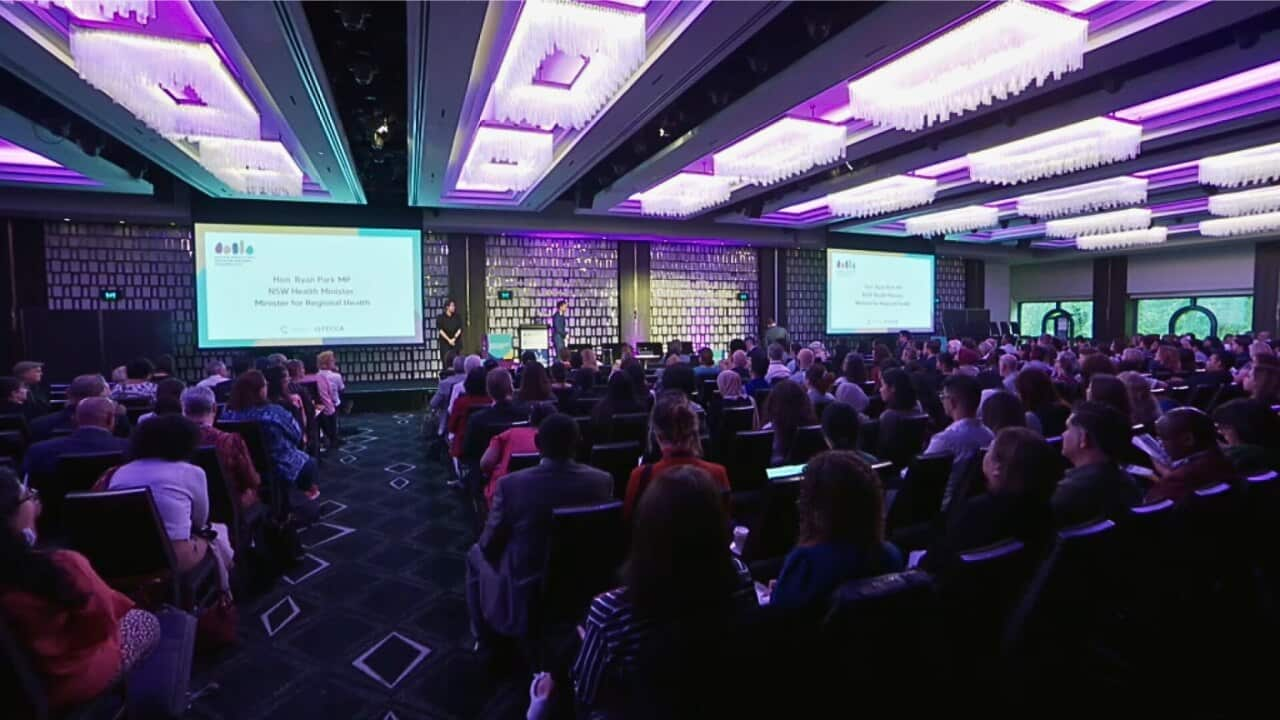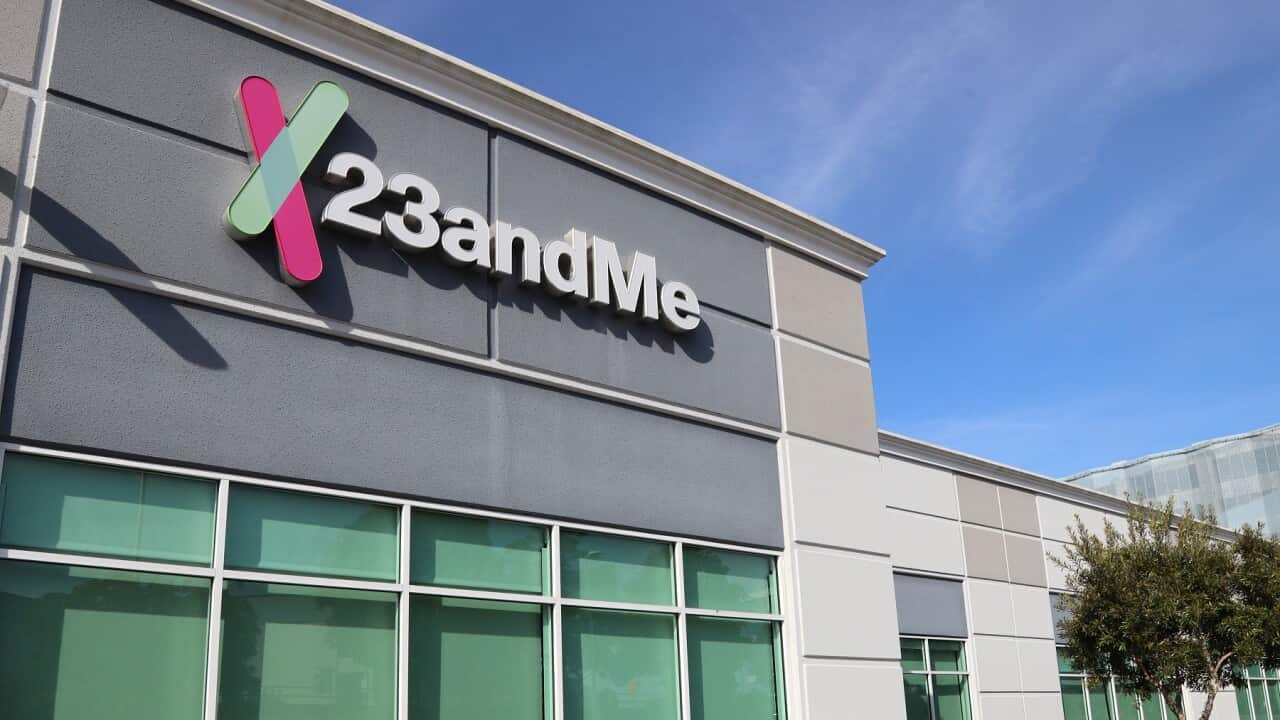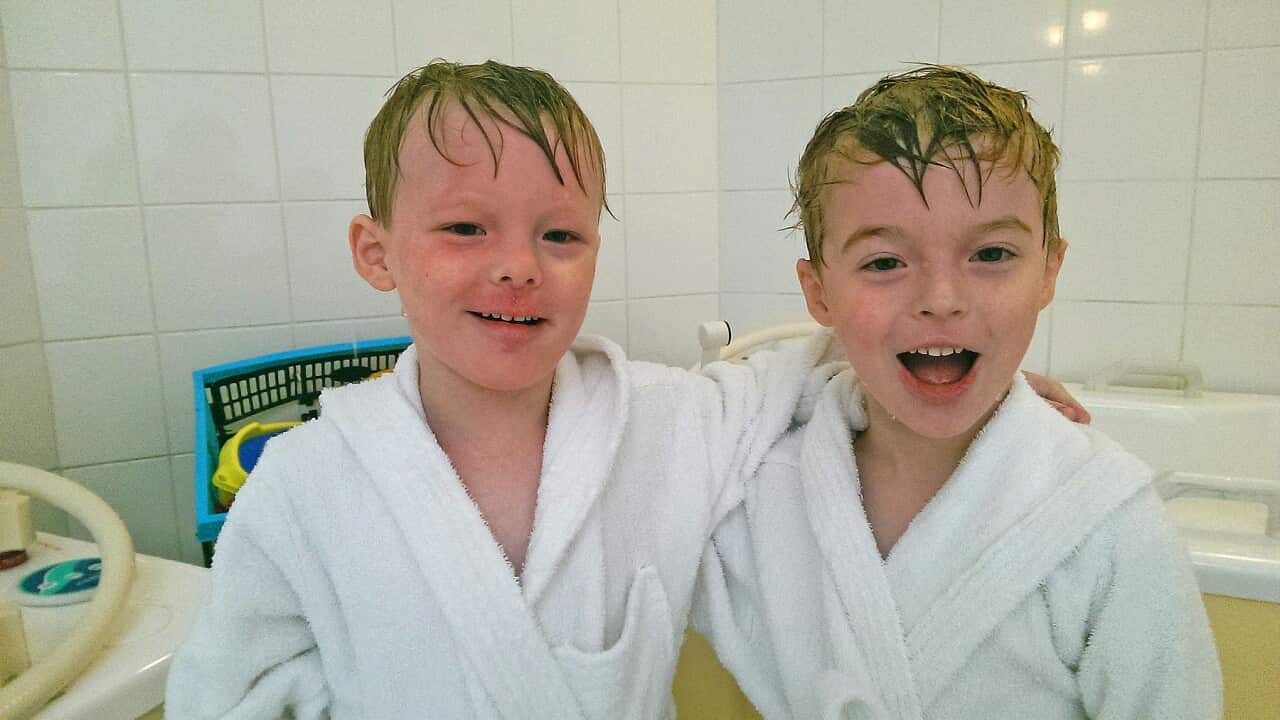TRANSCRIPT
Australia's multicultural communities are sharing their negative experiences with the country's health care system at a first-of-its-kind conference in Sydney in an effort to inspire change.
As a doctor at the emergency department in the Gold Coast, Sri Lankan born Dinesh Palipana is familiar with the challenges associated with navigating health care.
"Often times I felt like I wasn't listened to, where I didn't know what was happening and I didn't have control of my body and experiencing that in the healthcare system when you're understanding your new physical body while experiencing the new social challenges as well, it was incredibly difficult and it's the hardest thing I've gone through."
Dr Palipana's sentiments echo across the medical community with Dr Kuinileti Chang Wai saying many in the community feel like they're not being listened to when seeking medical assistance.
"When they go there, they feel like they're never listened to, that the attitudes of the health care workers in the secondary system was less than friendly, Some of their children, like they would be examined, they'd still come back three days later with raging pneumonia and they were not treated."
While these issues have long been prevalent, it was the COVID-19 Pandemic that triggered the need to investigate the issue further.
Data from the Australian Bureau of Statistics indicate that the numbers of those born overseas who died were higher in 2020 and 2021 in comparison to those born in Australia.
This disparity shifted in 2022 and 2023 with the numbers of deaths lower than those born in Australia.
Head of the Federation of Ethnic Communities Councils of Australia, Carlo Carli, says the early COVID era highlighted the issue.
"COVID shook people up a bit, it really focused the inequities that were in the health system, we have to really prepare for the next pandemic, it doesn't seem to be an issue that's just gone away. So all the learnings can't be wasted and I think the federal government and the state governments we've had conversations with seem to be very responsive to that."
Over 500 key health representatives and experts from across the country have gathered at a two day conference to discuss how to improve health care for multicultural communities and find better ways to navigate the system.
It's a dialogue the organisers of the conference believe is essential given shortcomings in available data.
"We have very little data to differentiate different groups. A lot of our data is derived from postcodes, and we know there's enormous inequality in terms of health outcomes and well-being according to people's postcode.
Dr Chris Lemoh says the conference is attempting to highlight some of the race-based assumptions at the heart of Australian health care.
"There's a lot of assumption that the normal person in a health system is a white, middle class, literate, Australian-born, English speaking person, and our health system basically caters for that group, and everyone else is seen as an extra."
While these conversations are still in their early phases, some institutions have already begun implementing solutions.
Zarlasht Sarwari, a researcher at Western Sydney University, says the South Eastern Sydney Local Health District has introduced a plan to combat racism.
"There was a district wide initiative to train staff and to align their policy, communication and practice to be coherent around issue of racism and how they can respond and be better prepared as a work force in managing this issues."
Ms Sarwari says projects like these can give Australia's multicultural community hope for a more equitable system.
"That gives a lot of confidence that these types of interventions when designed well, when it's based on research, when it's given that comprehensive approach and given the time and resources and leadership support, it can yield very effective results. And we're hoping that, with what they've achieved with this strategy, other health districts can learn or take lessons from them."













